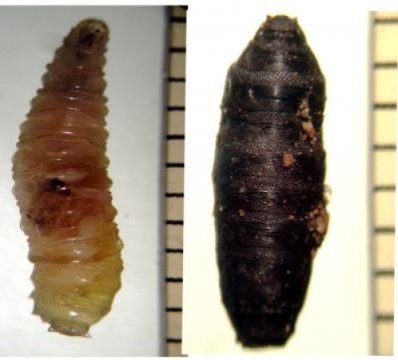What is forensic mental health?
Forensic mental health might seem like an awkward term, but if you split it, you’ll find its meaning: it comprises a field of people who work on mental health issues in the legal field; it is basically where mental health and the legal field overlap. That may sound a bit redundant, but hopefully I’ve made it clear.
The people working on that can be psychologists, psychiatrists, social workers, legal counselors, etc. Their main job is to examine those accused of a crime to determine whether they are fit to stand trial, or the level of responsibility that some people can be held of during court.
Even though this is a multidisciplinary branch, in most of the cases, forensic mental health is mostly done by forensic psychiatrists. So, then the question rises…
What does a forensic psychiatrist do?
A forensic psychiatrist works in varied environments, most of which aren’t very pleasant however: prisons, hospitals, correction facilities, an office, courts, police stations, etc. Forensic psychiatry comprises of three branches: forensic psychiatry, psychiatry and law and clinical criminology.
Getting a degree in forensic psychiatry is no easy task: you are required to be a fully licensed psychiatrist, which requires plus at least 5 years of psychiatric training followed by an examination, but some knowledge of the law is more than welcome. Forensic mental health workers must also be present to work with suspects that appear mentally ill and apprise them of their rights.
He can also assist lawyers in trials, serve as council for a court of law, or even help with investigation. A worker in forensic mental health doesn’t have an easy job, not at all


